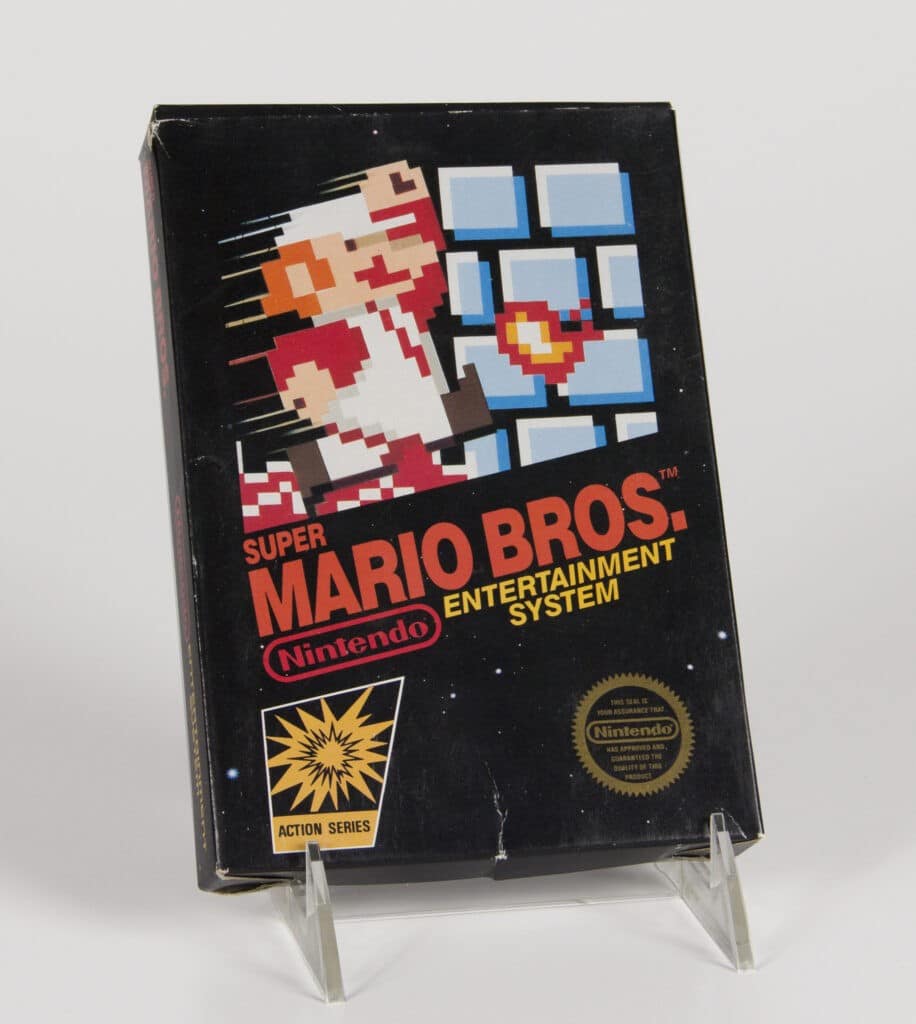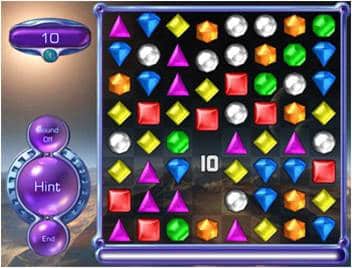I bet most gamers don’t expect to have an educational experience while playing, unless they pick up Math Blasters or Carmen Sandiego. After all, the word “game” often implies something done for fun and relaxation. But learning in game play is not restricted to Edutainment video games marketed at young children and their parents. From blasting monsters in Halo to helping Mario rescue Princess Peach, gamers learn many useful skills for everyday life.

Of all the concepts learned from games, the first and most important is learning to play the rules. All games have instructions and are played in a certain format. Opponents consider cheating disruptive and rude, and taking short-cuts just to reach the end faster is also frowned upon. Even players who use hint books and strategy guides to make the game play a little easier often return to skipped levels and enemies in order to gain the full experience of playing the game. Almost all games require a combination of luck and skill, but players only experience the sweet success of winning by playing within the rules. Obviously, the need to follow rules applies to many other aspects of life. Rules provide young children with a respect for authority and an understanding of basic limitations—either play by the rules or not at all.
Gamers’ best educational experiences are those they aren’t expecting. One of my best non-intended game learning experiences involved an increase in perception and distance judgment, which I gained from playing platforming games. Around the time I started learning to drive, I used my free-time to play various editions of Mario on a regular basis. One of my greatest challenges in driving class was judging the distance and speed of oncoming cars, which made it hard for me to gauge when I could make left-hand turns. However, after a few weeks of figuring out how much speed I needed for Mario to jump over pits or make it past a bunch of gumbas, I found myself better able to judge the speed and distance of other cars on the road. Until then, I had never thought about using games in that way!

Over the years, I learned many other useful skills from video games. Thanks to puzzle games like Bejeweled and PuzzleQuest, my pattern recognition abilities grew by leaps and bounds. Dance Dance Revolution and Wii Sports improved my hand-eye coordination and balance. Strategy games like Age of Empires taught me critical thinking skills, as I learned to ration my forces and keep track of fighter’s strengths and weaknesses.
Want to improve your reflexes? Try a fighting or shooting game. Dead or Alive IV worked wonders for me! Any game that requires more than one person teaches social skills and teamwork. Finally, games consistently reinforce the importance of persistence and patience. If I don’t beat an enemy on my first battle, I learn from my mistakes and keep at it until I win. That’s an incredibly useful life lesson.
Games teach us all the time, whether we intend to learn something or not.


